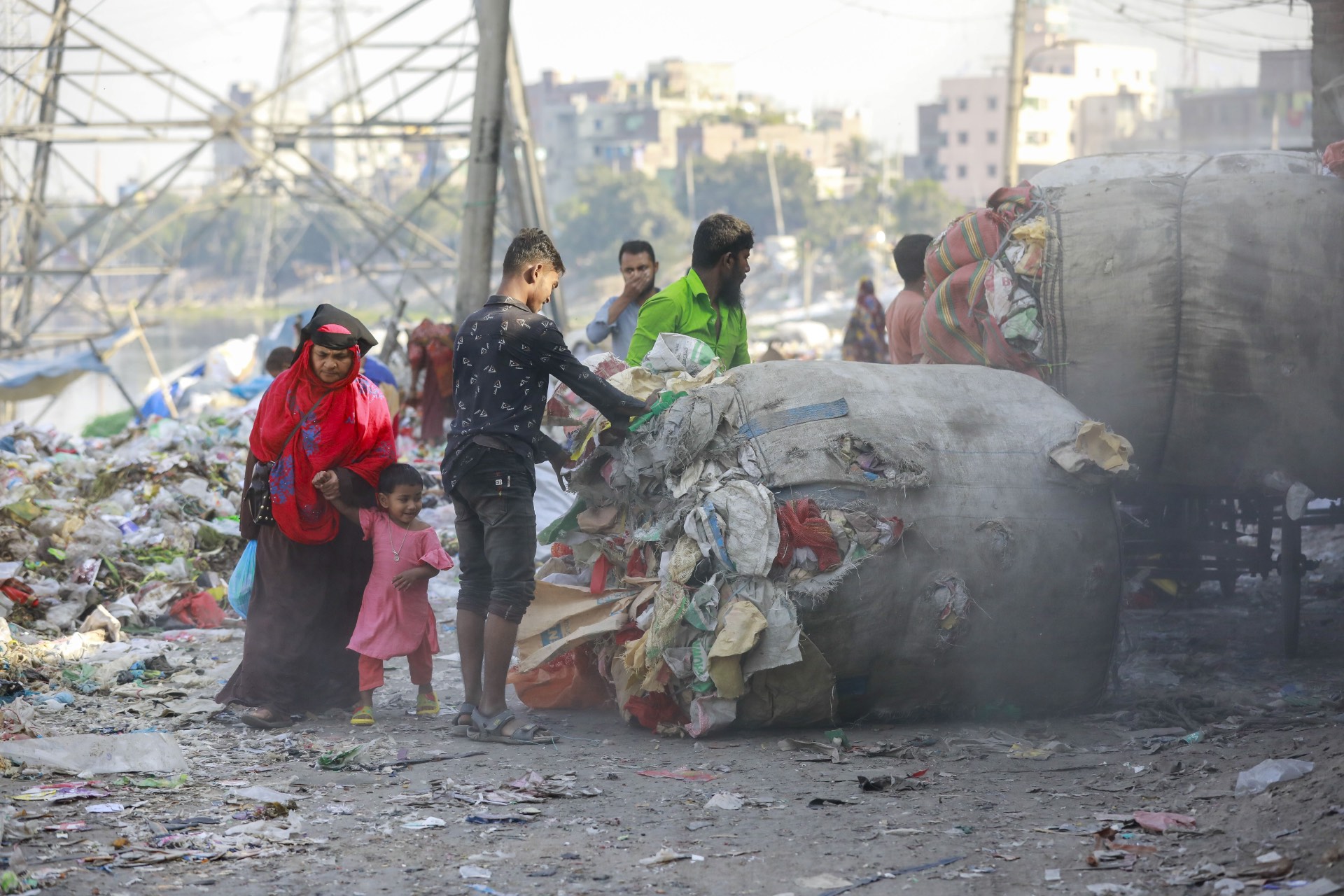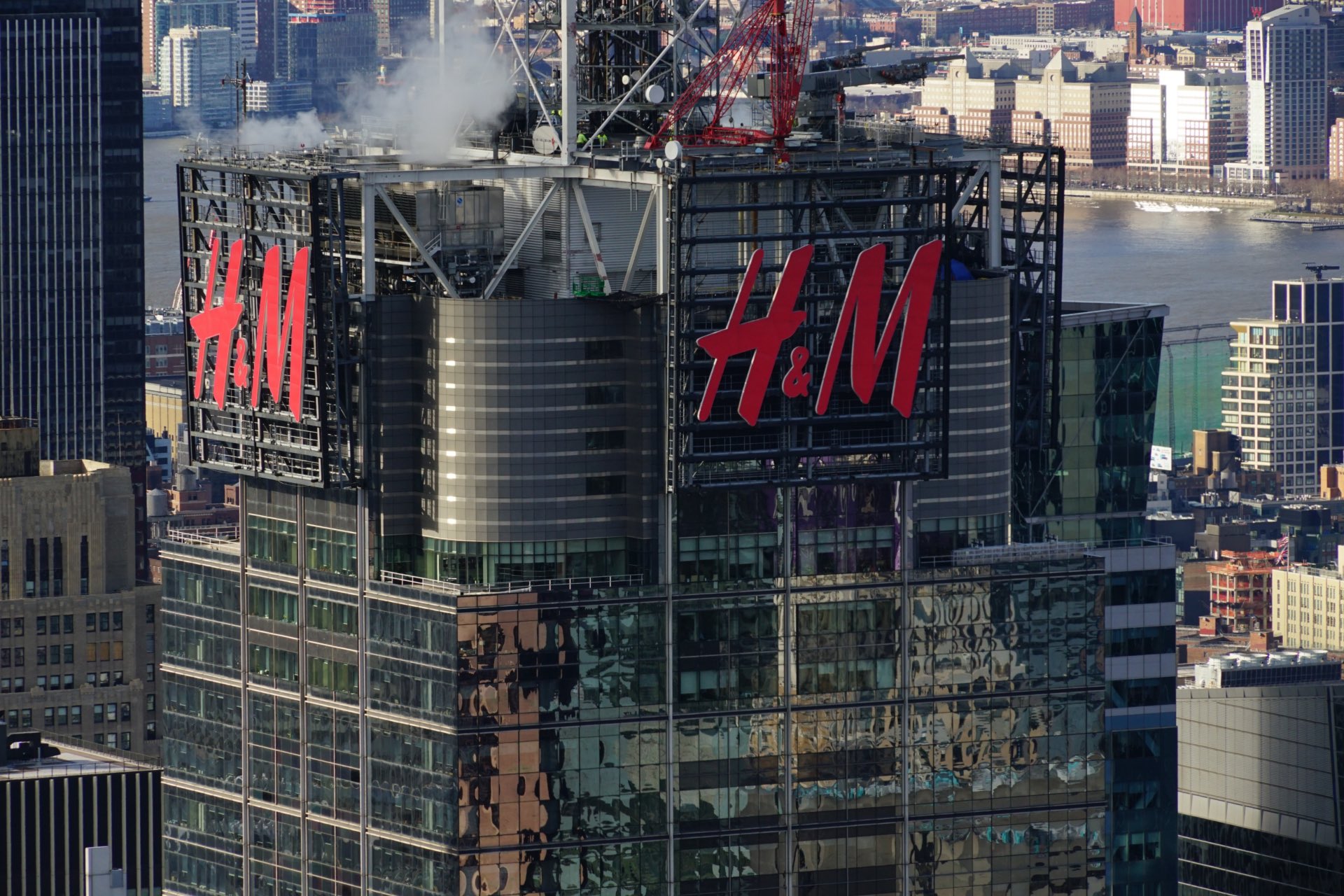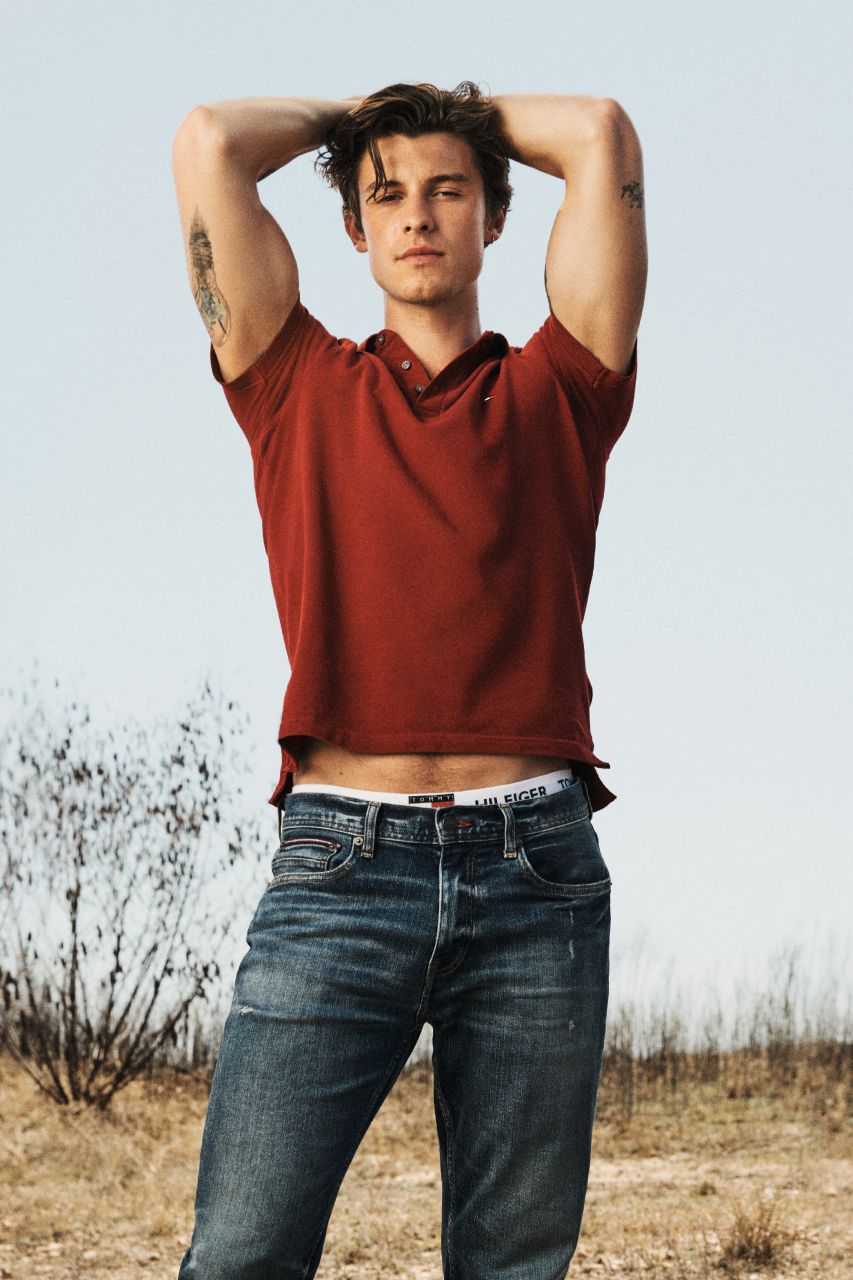With the arrival of the Year of the Rabbit, the global epidemic has slowed down and borders of various countries have almost been fully opened. 2023 should be a year of significant acceleration in the rotation of various industries. However, what should be the acceleration of the controversial fast fashion brands in the fashion industry? Or do you learn from Mr. Tortoise, who won the race between the turtle and the rabbit, to slow down the pace of operations and create a business model that meets the long-term needs of humanity and the environment?

↑ Uniqloand INESDELAFRESSANGE2023 Spring/Summer Co branded Collection
The European Commission recently stated: "In reality, there are less than 1% The textile waste is recycled into new clothes, and most of it ends up in garbage We advocate for the sustainability of action every day, and so far it seems as if it has become a slogan without any solution. However, the EU is still working hard to develop new plans to improve the pollution caused by fast fashion to the environment, and even has set a goal of phasing out fast fashion by 2030. (I'm pessimistic and say it's unlikely to happen so soon.)

Fast fashion mass production of clothing is also a major factor affecting environmental pollution
Indeed, the enhancement of universal values towards environmental protection, governments around the world becoming aware of the environmental impact of the fashion industry, labor rights, and the continuous decline in revenue for many fast fashion brands have all forced traditional fast fashion based brands to consider accelerating transformation while slowing down the pace of innovation.
For example, H&M The sales data released a few days ago shows that if the exchange rate changes are taken into account, the revenue in the fourth quarter of last year is approaching "zero", and the revenue in 2022 is even lower than that in 2019, which is the figure before the outbreak of COVID-19. The reasons for this are inevitably related to inflation, the increase in raw material costs caused by the Ukrainian Russian war, and measures such as the removal of stores within Russia. Therefore, if the operating mode is not changed as soon as possible, with the rise of consumer environmental awareness and the emergence of new regulatory restrictions, they will become the last straw that will overwhelm the fast fashion brand camel.

↑ One of the fast fashion brands H&M
One of the fast fashion leaders, ZARA, has started to diversify its business model in recent years, especially by incorporating many actions related to "sustainability"; For example, trying to align the store with the so-called Eco Efficient The design, setting of its clothing, display of hangers and packaging must all achieve the goal of 100% sustainable material production by 2025, and so on. But I think a more specific action is the recent launch of ZaraRepair, ZaraResale, and ZaraDonation in the UK Three step plan. Through the Repair mechanism, consumers can repair damaged ZARA clothing, extending its lifespan and reducing waste; ZaraResale is a second-hand clothing platform that provides consumer interaction. Sellers can easily add photos and text to the database to make buyers willing to purchase. The brand also collaborates with the British Red Cross to donate clothing, minimizing waste. In addition, environmentally friendly laundry detergent has been launched, suitable for washing at low temperatures to reduce its carbon footprint and extend the lifespan of textiles.

↑ ZARA's environmentally friendly laundry detergent
In fact, Fast Fashion is not the only one that has started working on the circular economy. LVMH Group, HugoBoss's second-hand resale platform, TommyHilfiger, Barbour, Ganni, and UNIQLO have also launched similar plans.

↑ TommyHilfiger previously launched The "Reinventing Classic Reborn" series of sustainable clothing invites singer Shawn Mendws to shoot his image and also launches a resale platform related project
Overall observation, the diversified development of business models, the practice of sustainable actions, and the inclusion of marketing models in the metaverse have become common goals pursued by fast fashion brands. Without fundamentally changing the business model, it is impossible to solve the dilemma faced by fast fashion brands. In fact, all industries and brands are the same. Before innovation and creation, first consider whether this model truly meets the long-term needs of humanity? Especially after the COVID-19 epidemic, we must be more reflective. It is not only public welfare units or social enterprises that care about social issues, but also the responsibility of every operator.





